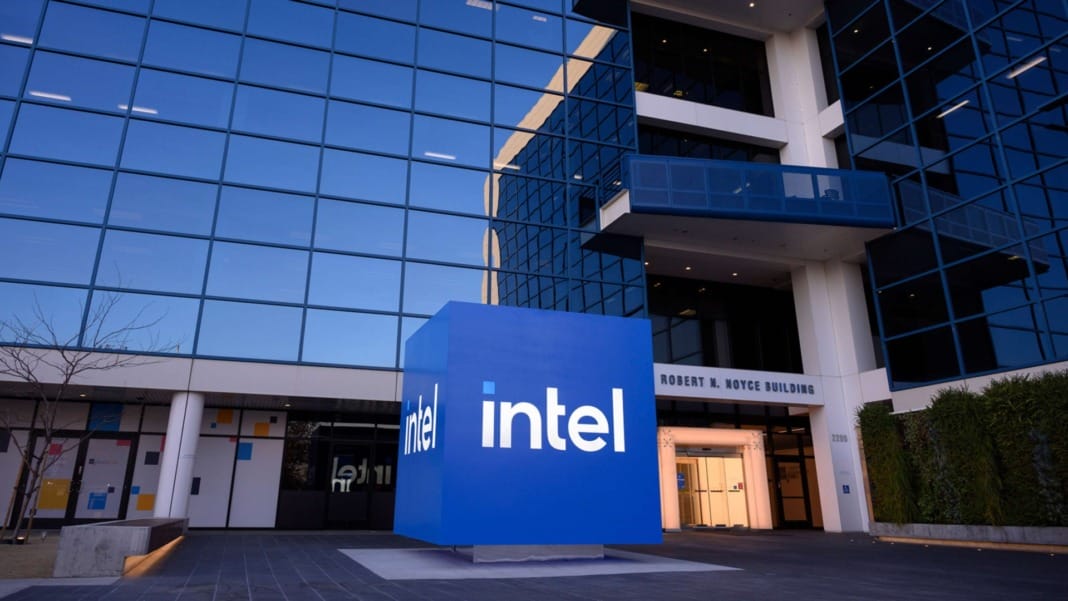In a recent financial disclosure, Intel has alerted investors that upcoming export restrictions to China are likely to affect its revenue forecasts for the second quarter of 2024. The changes, spurred by a US Department of Commerce decision, involve the revocation of certain licenses for chip exports, notably affecting transactions with the sanctioned Chinese company Huawei.
Details of the export license changes
On Tuesday, the Commerce Department confirmed that it had withdrawn export licenses for chip deliveries to a prominent Chinese client, which, although not explicitly named in Intel’s report, is widely understood to be Huawei. This modification takes effect immediately and pertains to consumer-related products destined for this specific customer in China. Since being added to a US trade blacklist in 2019, Huawei’s capacity to procure components from US firms has been significantly restricted, necessitating government approval for such transactions.
Broader geopolitical tensions and industry implications
The backdrop to these regulatory adjustments includes escalating geopolitical and trade tensions between the US and China, with additional strain arising from issues related to Taiwan. The race to dominate advanced technologies, particularly generative AI, has intensified these tensions. The US has implemented measures intended to curb the flow of sophisticated chips to China, which are crucial for AI development.
Intel remains within its initially projected revenue range for Q2 2024, between US$12.5 billion and US$13.5 billion, though it anticipates figures will skew below the midpoint of this spectrum. The company’s situation mirrors broader industry challenges, with Qualcomm also navigating similar disruptions. Qualcomm, another supplier to Huawei, has expressed doubts about generating product revenue from Huawei beyond this calendar year, citing indications that the Commerce Department might cease issuing new licenses for sales to Huawei.
These developments signal a turbulent period for tech companies entangled in US-China trade dynamics as they navigate the complexities of international regulations and the global demand for cutting-edge technological components.





